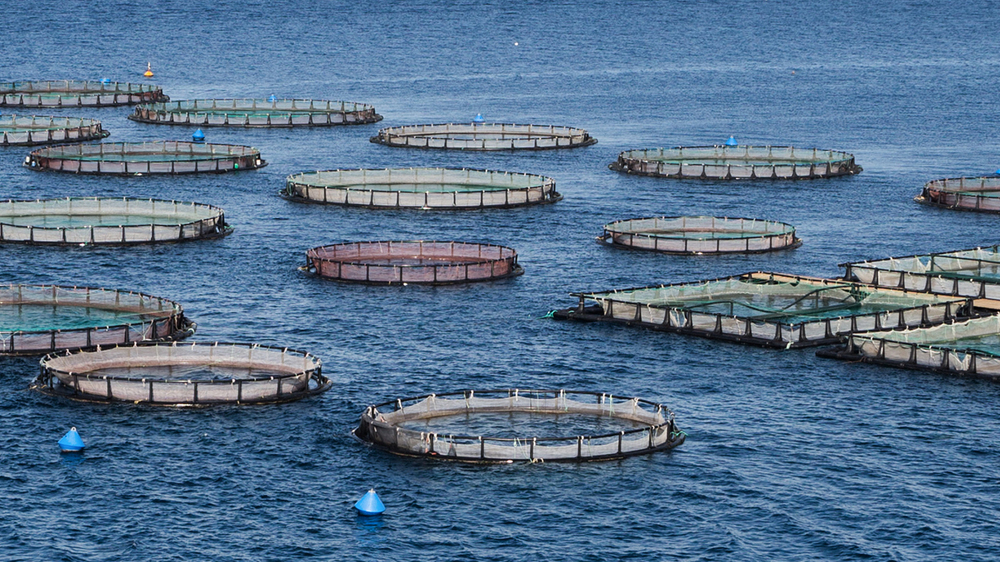Seattle, Washington — In a major win, a federal court today struck down an agency’s blanket, nationwide permit that would have allowed industrial-scale fish farming in U.S. ocean waters without site reviews. The Center for Food Safety (CFS) led the legal challenge on behalf of Don’t Cage Our Oceans (DCO2) along with a coalition of conservation groups, fishing communities, and Tribal Nations.
This follows an October decision — also a victory — that found the U.S. Army Corps of Engineers had violated key environmental laws in approving the permit, which is known as Nationwide Permit 56 (NWP 56). The permit sought to bypass individual site reviews, and would have fast-tracked industrial-scale finfish farms in federal waters across the country. To date, large-scale aquaculture operations have existed in state waters, but never before in federal waters, which extend from roughly 3 to 200 nautical miles offshore.
Today’s decision delivers a major setback to industrial aquaculture efforts, affirming concerns from fishing communities, Tribal Nations, and environmental organizations that open-ocean fish farming (where fish are raised in large net pens) would harm marine life, threaten traditional practices and economies, and disrupt ecosystems.
“Our coalition members are pleased to see the Court toss aside the ridiculous idea that the Army Corps, via just one nationwide permit, can seriously satisfy the many ecological and socio-economic concerns of all prospective aquaculture projects in our nation’s oceans,” said James Mitchell, legislative director for Don’t Cage Our Oceans, a program of the North American Marine Alliance.
While this ruling strikes down Nationwide Permit 56, it doesn’t ban industrial fish farming altogether. It means the Army Corps can no longer approve multiple projects under one permit. They must now review each prospective site individually.
“This decision reinforces that industrial aquaculture cannot be rubber-stamped without careful scrutiny, and it is a victory for coastal communities who want to design seafood systems that protect our oceans, fish, and the values of our fishing families,” Mitchell said.
Read more from the Center for Food Safety on this big win!

